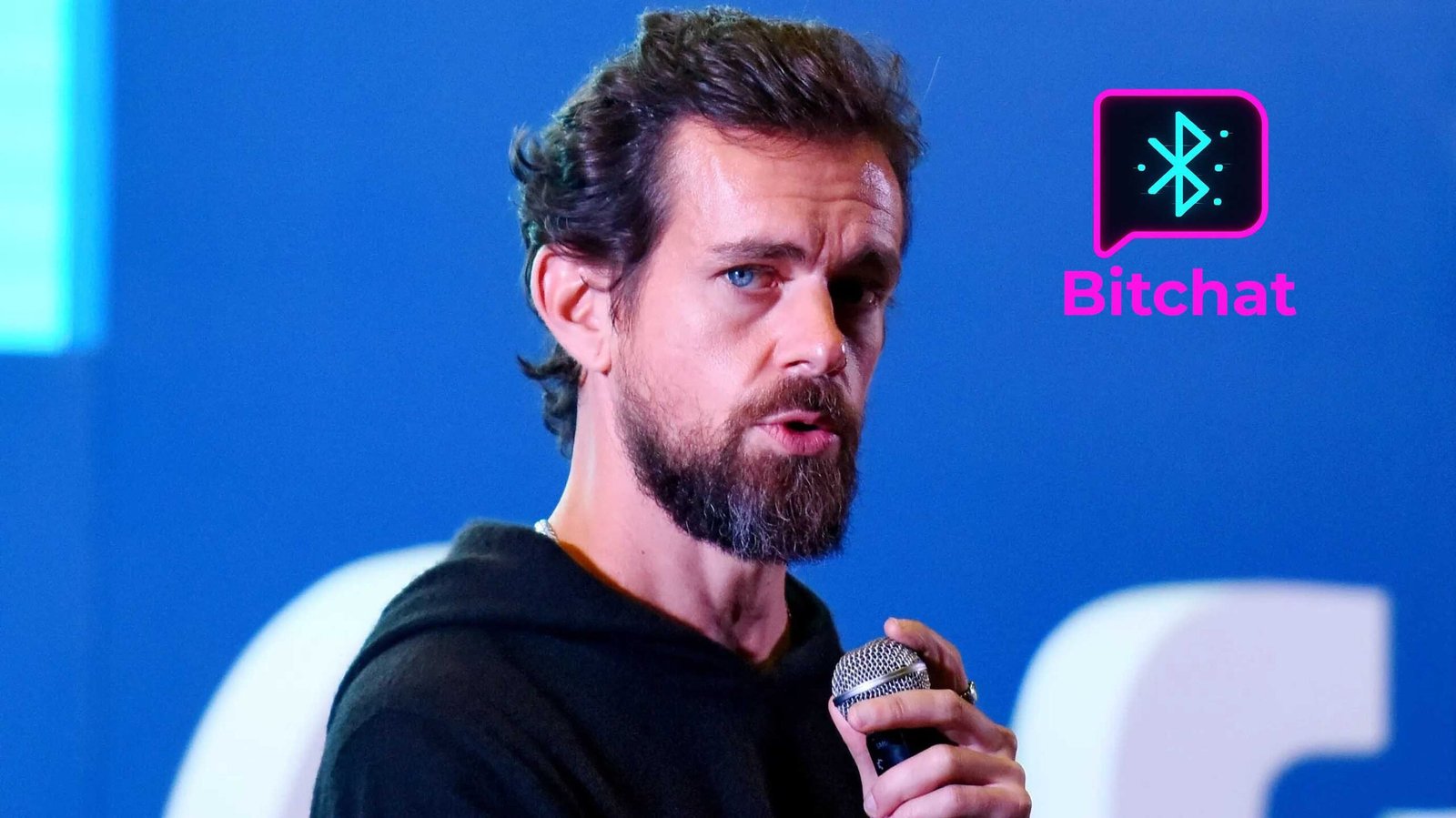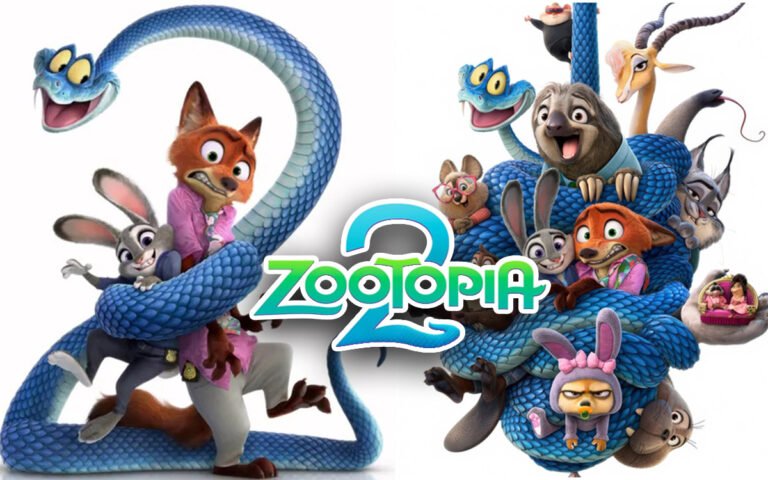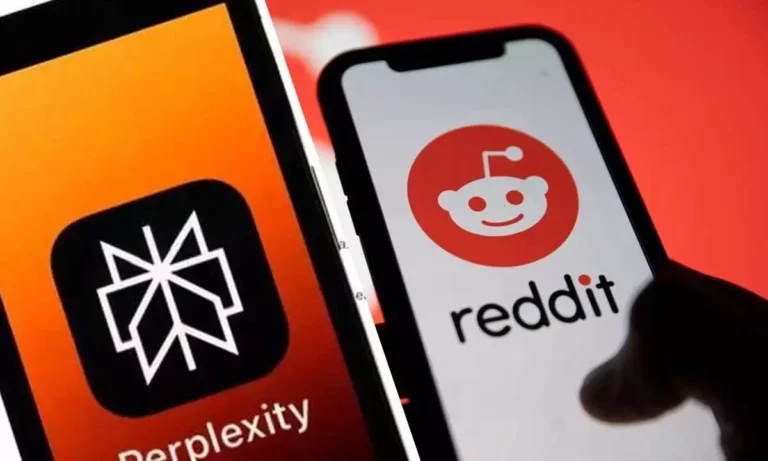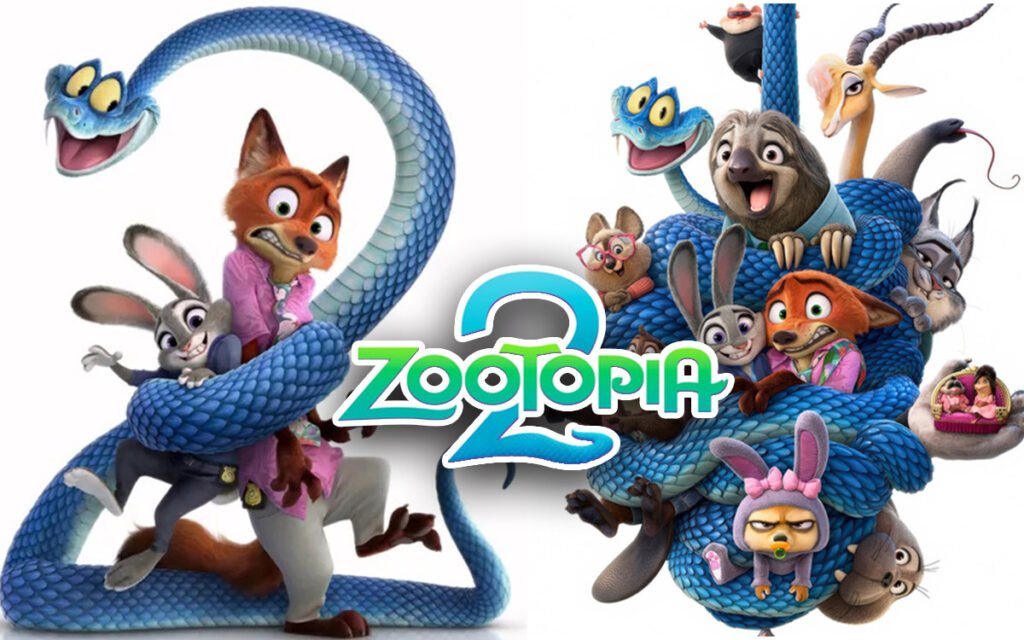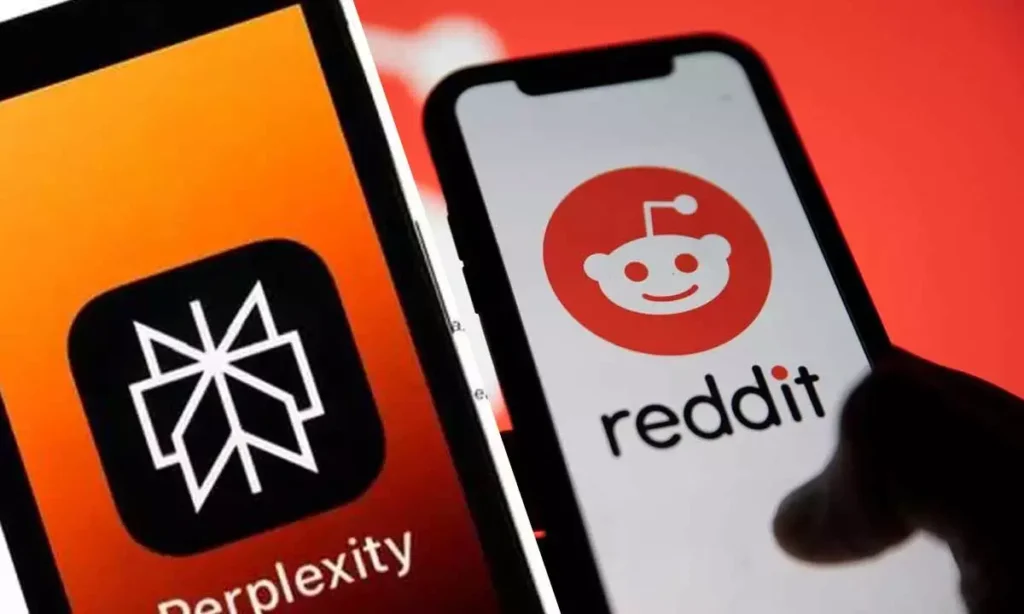In our hyper-connected world, a surprising new app has arrived. Jack Dorsey, co-founder and former CEO of Twitter (now X), has just unveiled Bitchat. This beta messaging app is set to redefine how we communicate. Notably, it works entirely without Wi-Fi or mobile data. Bitchat emerges as a unique player in the messaging landscape. Dorsey launched it as a personal experiment. Its design emphasizes resilient, private, and censorship-resistant communication. This vision strongly aligns with Dorsey’s long-standing advocacy for decentralization.
How Bitchat Works: The Power of Bluetooth Mesh
At its core, Bitchat harnesses Bluetooth Low Energy (BLE) mesh networks. Unlike traditional messaging apps, such as WhatsApp or Telegram, Bitchat does not rely on central servers or constant internet access. Instead, it transforms individual smartphones. These devices become a self-organizing, peer-to-peer network. Every device within Bluetooth range (around 30 meters, typically) acts as both a client and a server. Therefore, encrypted messages transmit directly to nearby devices.
This ingenious mesh system allows messages to “hop” from one phone to another. Consequently, it extends communication range far beyond standard Bluetooth limits. Messages can travel over 300 meters by relaying through multiple users’ devices. This fundamental design ensures communication remains possible even during internet blackouts. Furthermore, it functions during natural disasters or in areas with patchy network coverage. Thus, Bitchat offers a critical lifeline when conventional infrastructure fails.
A Privacy-First, Decentralized Vision by Jack Dorsey
True to Jack Dorsey’s ethos, Bitchat prioritizes user privacy and censorship resistance. The app requires no registration. Users do not need email addresses or phone numbers. This makes communication highly anonymous. Also, there are no centralized servers storing your data. Messages reside entirely on users’ devices. They are designed to be ephemeral, deleting automatically after a set period.
This decentralized architecture is key to its resilience. Messages are end-to-end encrypted. This ensures only the sender and intended recipient can access the content. Features like “store and forward” also play a vital role. They enable messages to reach users who are temporarily offline, delivering them once they reconnect to the mesh network. This design directly counters network outages and potential government surveillance. Ultimately, it provides a secure space for communication.
Real-World Applications and Future Horizons for Bitchat
The implications of an app like Bitchat are vast. It offers invaluable utility in many situations. Consider, for example, scenarios where internet access is unreliable or purposely restricted. These include protests, humanitarian crises, or large public events. During such times, cellular networks often become congested. Imagine coordinating with friends at a crowded concert, for instance. You could also send vital information during an emergency. All of this is possible without needing to connect to the internet.
Currently, Bitchat is in its beta testing phase. It is exclusively available via Apple’s TestFlight platform. Interest has been immense; the app quickly hit its 10,000-tester cap. The source code is also publicly available on GitHub, inviting transparency and collaboration. Dorsey has indicated that future updates will include Wi-Fi Direct support. This enhancement aims to increase both the speed and range of message transmission. Potentially, it will allow for the exchange of richer content, such as photos and videos. This further expands Bitchat’s capabilities beyond simple text. Some reports even hint at exploration into offline Bitcoin payments, aligning with Dorsey’s broader blockchain interests.
The Significance of Jack Dorsey Bitchat
Jack Dorsey Bitchat is more than just another messaging app; it truly represents a significant step towards a decentralized and resilient communication future. By enabling peer-to-peer communication that bypasses traditional internet infrastructure, Dorsey addresses a critical need. This includes privacy and freedom of information in an increasingly connected, yet vulnerable, world. Its focus on privacy, censorship resistance, and offline functionality marks it as a compelling and highly relevant innovation. It contributes significantly to the ongoing evolution of digital communication. The release of Bitchat underscores a commitment to empowering individuals. It offers tools that operate independently of centralized control, providing a glimpse into what future communication could entail.
For more news and updates, please visit, PFM Today.

